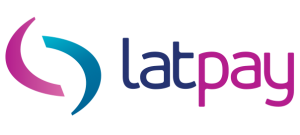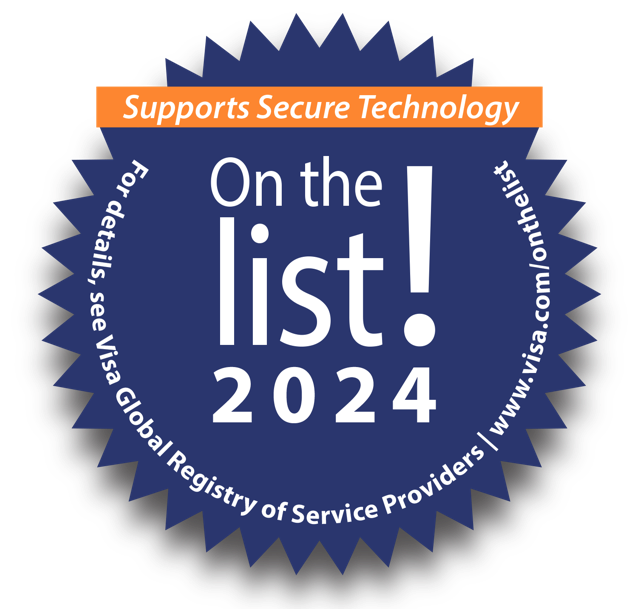Getting Started for Business with Merchant Services
Whether you’re starting up a new venture, taking your business to the next level or expanding your avenues, having the right Merchant Services for your needs is absolutely essential. To help you kick off sales this quarter, let’s run through what Merchant Services are and the various options available to you.
What are Merchant Services / MSP?
Merchant services are the terminals, technology or software employed by a business to take payments by EFTPOS, credit and debit cards. Therefore, the MSP or Merchant Service Provider is the company that manages the operation of these systems. After taking card payment, the chosen system would then settle the payment into the bank account linked with the terminal or software provider.
So which payment system should I choose for my business?
It all depends on your business needs; small businesses, for instance, would have different payment requirements to a large corporation. By the same token, a brick-and-mortar retail store would have different needs to a professional service provider.
There are loads of options available to all kinds of businesses. Let’s take a look at some of these now.
In-store terminals / Point of Sale (POS)
An in-store terminal or POS system is the method employed by a business to take payment for their goods or services at the cash register. This is a combination of software and hardware, including a monitor, barcode scanner, card reader, receipt printer and cash draw. The software component of a POS terminal may be deployed on premise via installed software or through a cloud-based system commonly known as Software-as-a-Service (SaaS). Cash and Eftpos terminals are primarily used in brick-and-mortar stores as they lack mobility or capacity to take online payments.
mPos (mobile POS)
mPos solutions are a really convenient way of taking payments on the go. You don’t even need a website to get started, as payments are taken directly through an app on your mobile. This type of payment solution is perfect for pop-up businesses, personal trainers, sales reps and anyone who needs to take payments while on the road. mPos software also allows you to accept a range of payment options, including tap-and-go, to ensure you’re offering your customers the method they’re most comfortable with.
eCommerce / Shopping Carts
For eCommerce businesses, having a secure and reliable online payment solution is critical. Essentially, your chosen shopping cart will be integrated into your website, which will then connect with your MSP. Reliable shopping carts can provide seamless checkout processes for your customers and therefore encourage repeat purchases. Most innovative MSPs will be looking to expand their integrations and offer custom integrations, so keep an eye out for this when acquiring their services.
Hosted Payment
A hosted payment page allows you to accept payments through your website by redirecting customers to your MSPs hosted payment page. This method is an economical way of taking payments as there are no development or security fees involved with implementation. A good MSP will also be able to offer a branded page that reflects your website to make users feel like they haven’t moved away from your page.
What to look for when choosing an MSP?
For obvious reasons, merchants are eager to partner with a reliable and reputable MSP to manage their business transactions. However, this market is becoming increasingly saturated and it can be difficult for new businesses to distinguish which company will work best for them. If you’re looking to acquire your first MSP (or are unhappy with your current service), here are a few of our top tips to choosing the best MSP for your business:
- Before approaching an MSP, do some research into the options you are interested in acquiring for the specific needs of your business. If an MSP doesn’t offer the services or systems you’re interested in, move on to the next one.
- Look into the costs and recurrent fees of each MSP, making sure that your chosen one is good value for money compared with their competitors.
- Read the terms and conditions in the product disclosure statement or financial services guide to make sure you fully understand the level of service they are offering and whether it aligns with your needs.
- Look for online reviews and customer stories about their customer support; if many of their customers seem unhappy with the service, then maybe this particular MSP isn’t the best choice.
Why Latpay?
Latpay have more than 17 years’ experience delivering merchant facilities and bespoke payment systems to businesses of all shapes and sizes. We deploy robust, secure and innovative technology to allow your business to thrive – all with Level 1 PCI compliance. We also offer 24-hour dedicated technical support to ensure we’re here when you need help. To find out more about Latpay’s Merchant Facilities, follow the link or give us a call on 07 5515 0402








